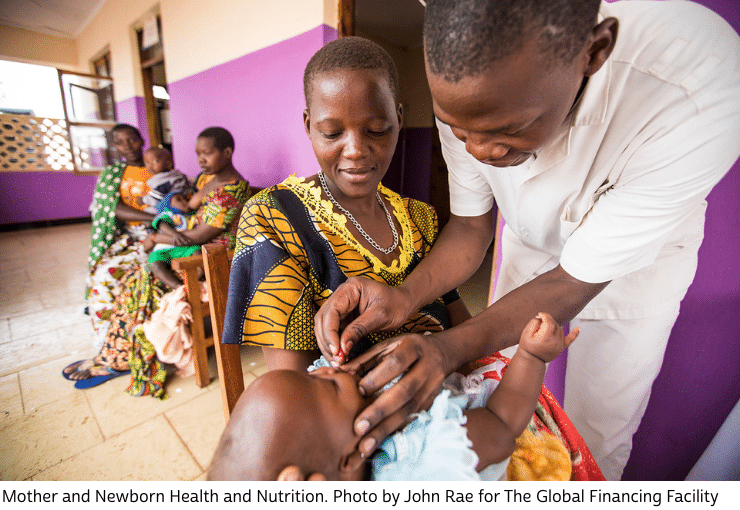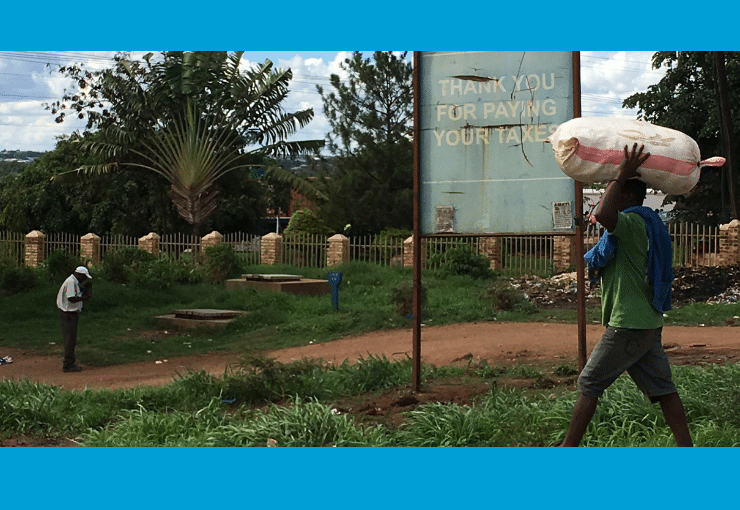Development institutions should ensure health equity
The cases that Bloomberg now reports on, indicate that this recommendation is still very valid today. Any investment in healthcare made by development institutions should ensure it decreases the disparity in access to healthcare, instead of increasing it. This is even more true for development institutions whose mandate is to care for the most vulnerable, like the Global Financing Facility for Women, Children and Adolescents (GFF).
In light of these findings. we believe the GFF should reconsider its collaboration with the IFC, especially when this collaboration means using scarce GFF resources to attract investment in private hospitals and clinics. In the upcoming five-year strategy (2026-2030), we hope the GFF will make potential cooperation with the IFC conditional on clear evidence that IFC investments directly support the GFF’s goal: improving access to quality care for women, children and adolescents from the lowest income groups.
More on this topic
- Our report (2022) on the Africa Medical Equipment Facility in Kenya and why it fails to promote universal access to healthcare
- Our publication (2022): ‘Improving healthcare, but for whom? Inventory study on the International Finance Corporation’s investments in healthcare’
- A publication by Oxfam (2023): Sick Development – How rich-country government and World Bank funding to for-profit private hospitals causes harm, and why it should be stopped
Picture by Andrys Stienstra via Pixabay.




